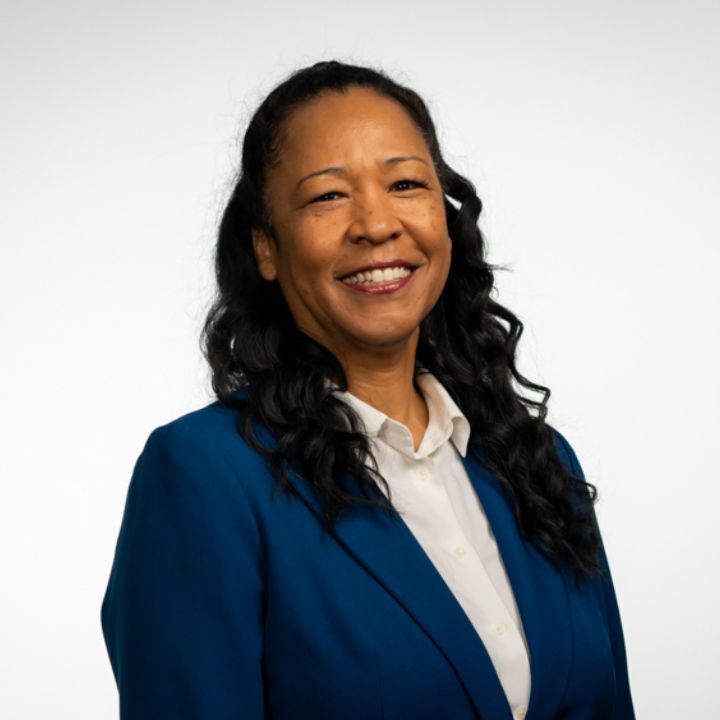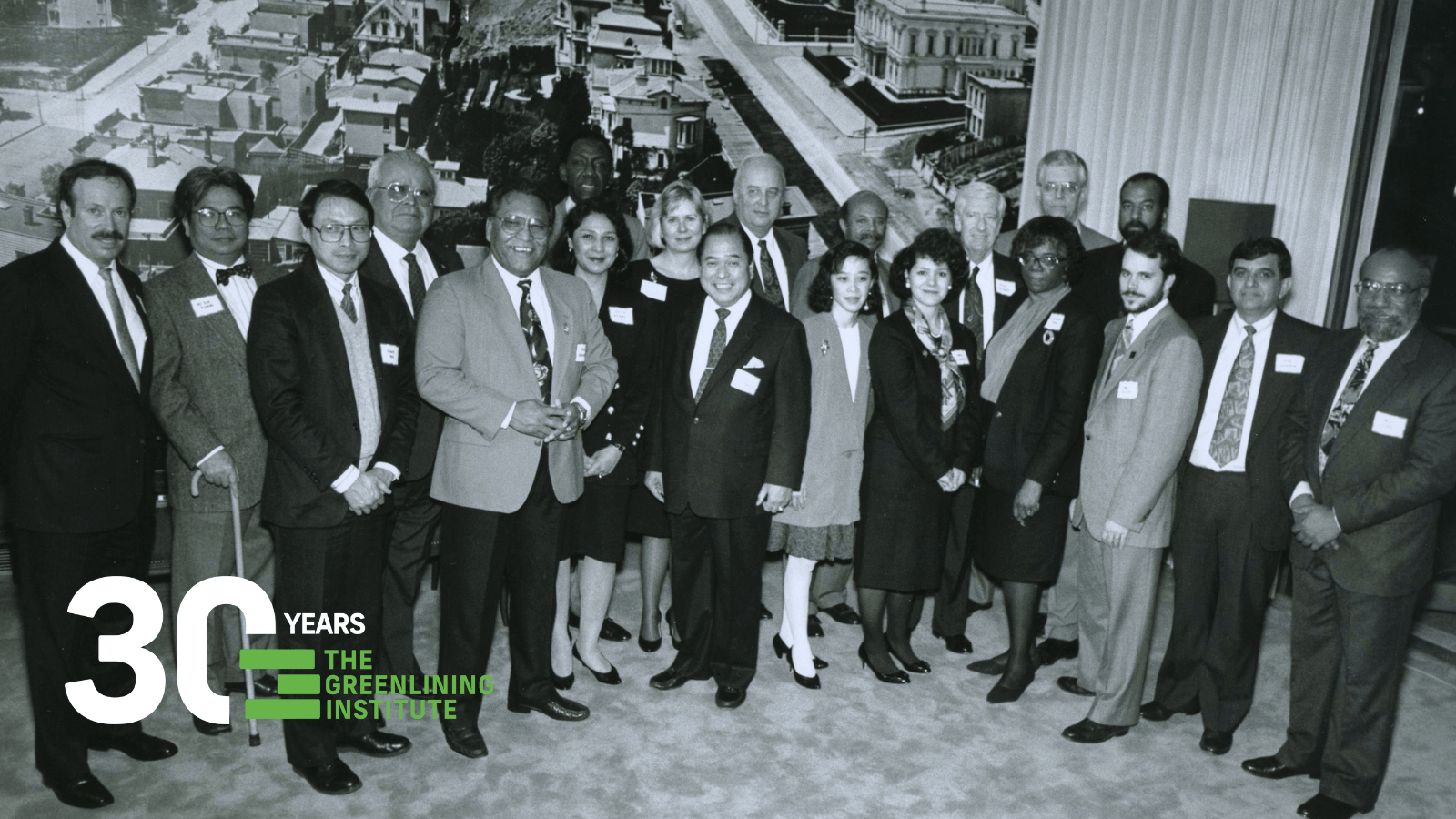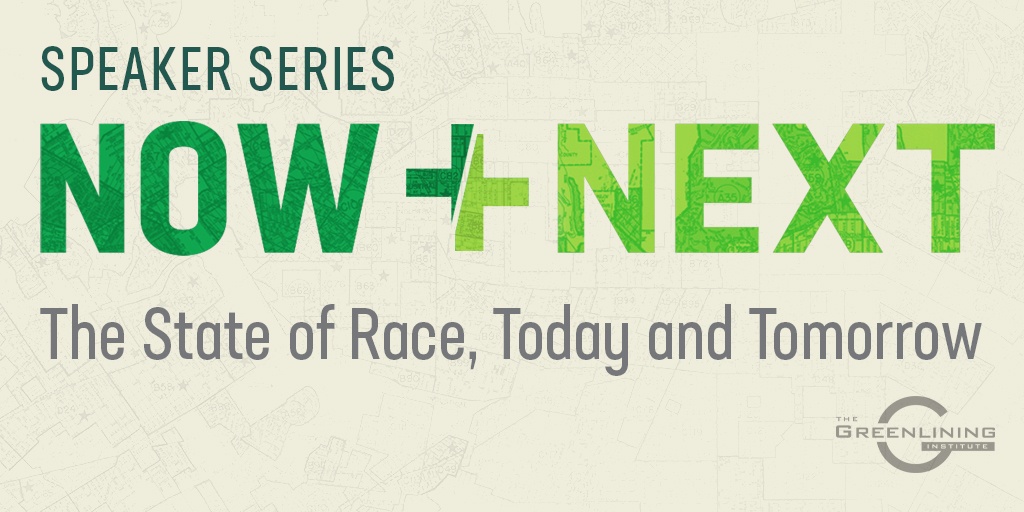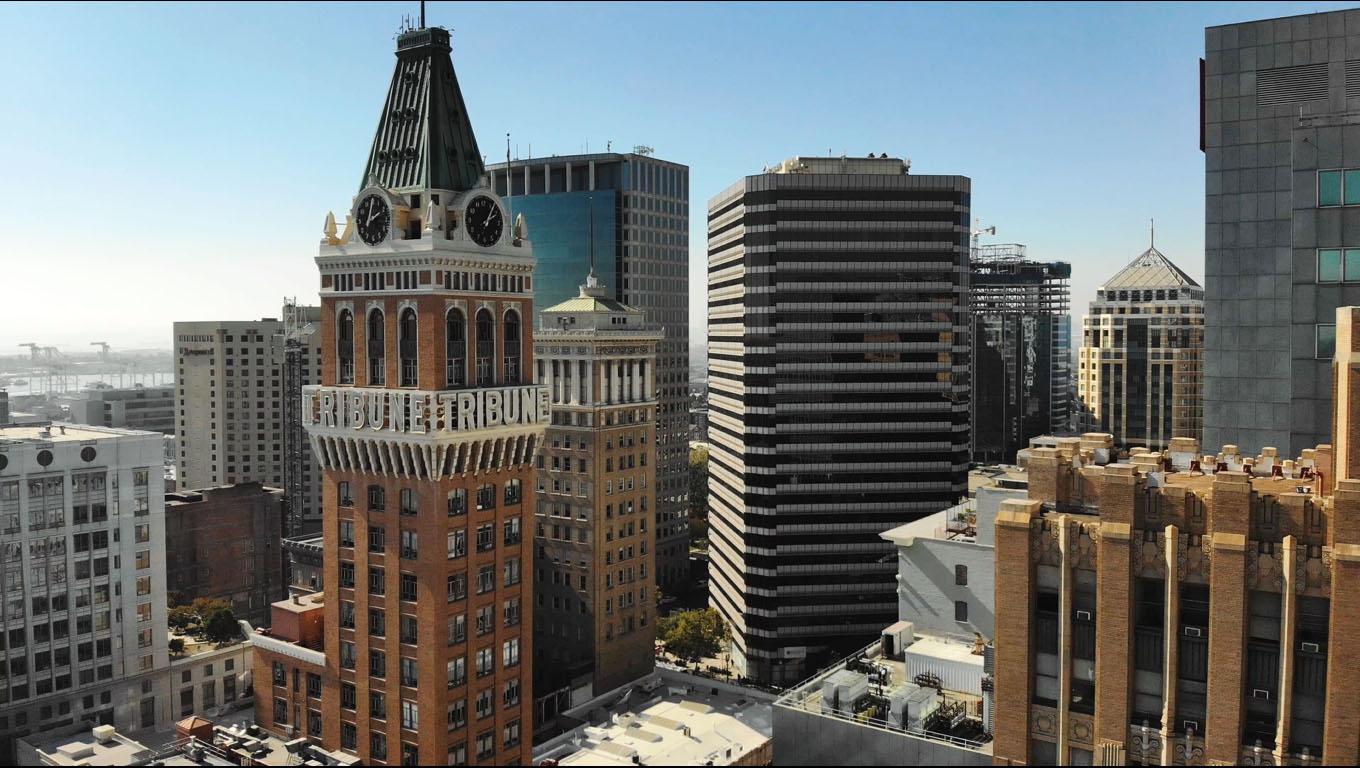A New, Anti-Racist Future

Now is the time to build an anti-racist economy grounded in an agenda that rejects anti-Blackness. The recent passing of John Lewis, our beloved civil rights activist and international leader, demands that we step up and step forward with his words as an urgent reminder:
“Do not get lost in a sea of despair. Be hopeful, be optimistic. Our struggle is not the struggle of a day, a week, a month, or a year, it is the struggle for a lifetime. Never, ever be afraid to make some noise and get in good trouble, necessary trouble”.
Today represents a new emancipation from the 21st century version of slavery and oppression. As our forefathers and foremothers before us, this time requires all of us to build multi-racial coalitions and recognize the reckoning for racial injustices that must be repaid through reparations.
Americans finally see the consequences of our country’s failure to recognize its original sins of slavery, genocide and racism. For the first time in generations, we are collectively grappling with how to support and recognize the deep contributions of Black communities, and asking ourselves how we should ultimately work together to make freedom a reality in the lives Black people. In a conversation with New York Times bestselling author Professor Ibram X. Kendi at the 2020 Greenlining Economic Summit, Kendi shared that racism has always been about black people’s freedom — freedom from and freedom to.
Black and Brown communities are continuing to demand that institutions honor the underlying promise in the U.S. Constitution which was written “In order to form a more perfect union, establish justice, insure domestic tranquility, provide for the common defense, promote the general welfare and secure the blessings of liberty to ourselves and our posterity.” Grassroots protests and evolving decisions being made in state capitols, corporate boardrooms and philanthropic organizations demonstrate that the majority of people in our country are no longer comfortable with having the centuries-long “conversation” about whether racism exists. We must have meaningful action.
“Because enough is enough. We demand an end to racism in every corner of society and will hold those who deny us justice accountable. It’s within us to build a society that is truly anti-racist.”
The tragic deaths of George Floyd, Ahmaud Arbery, and Breonna Taylor were particularly violent and disturbed our hearts. The casual, staring face of the police officer juxtaposed against the face of George Floyd, while his life slipped away, was devastating. It reminded too many of us of the photographs of historic lynchings, where White people would stare into the camera with no remorse or compassion while dead Black bodies swung in the air above their heads in a public display of racial terror and oppression. The racism has persisted over the decades and the protests have exploded.
There is near-universal recognition that the anti-racist uprisings in conjunction with the COVID-19 pandemic revealed the racialized caste system that evolved from the days of slavery to the New Jim Crow to mass incarceration. The actions of millions made stark the realization that white supremacy has no place in America today. For the sake of our shared vision, we are now tasked with leveraging this growing awareness and increased maturity of allies to end racism and seek true systemic change
Because enough is enough. We demand an end to racism in every corner of society and will hold those who deny us justice accountable. It’s within us to build a society that is truly anti-racist.
Moving Forward In Solidarity
For centuries Black and Brown communities have been ravaged by the devastating impact of racist policies rooted in anti-Blackness. This is one of many reasons it has always been the communities of color that demand we forcefully move this country towards solidarity and equitable opportunity. Now, we are witnessing White allies stand alongside us by stepping forward to protest the construction of a country based on imperialism, White supremacy, and a capitalist patriarchy that only works for a smaller and smaller select few.
This moment is a reminder to us all of just how precious the freedoms won by our predecessors are and how frequently they are denied to Black and Brown people. It’s also a concrete reminder that this fight for freedom is multi-generational — a fight that must and will go on year after year after year.
We are all morally mandated to continue this struggle because when a Black person’s freedom can be trampled by racist neighbors, negligent police officers, and racist policies rooted in an immoral compromise made by our country’s founders, then we are left with no choice to continue the struggle for liberation.
Our emancipation will only be realized across racial lines and true solidarity can guide us in building our collective new liberation. We are commited to dismantling the racially unjust culture and structures of our country and promoting anti-racist policies because Black Lives Matter.
We’re refusing to go back to normal. It can no longer solely be people of color who put forth a vision of a stronger country that outright rejects oppression and racism. It must be us all. For, we now hold this truth that what we can become as a nation — a land in righteous pursuit of liberty and justice for all — we must bear the responsibility of upholding that truth together. This is the true meaning of solidarity.
Stepping Forward
Let us first acknowledge the depth of the trauma that comes from the formal recognition that the United States and a significant portion of its wealth was built on the backs of enslaved Africans and the mass genocide of Native Americans.
The Jesuits offer a guide for shaping a collective response to reconciling our country’s tumultuous history. After confronting their own participation in the evil institution of slaveholding, they formally rebuked slavery as a sin and actively supported the racial justice movement. My thoughts are similar to the thoughts expressed by one Jesuit writer:
“We are called now to an intentional response: one that foregrounds the lived experiences of the enslaved, acknowledges the legacies of slaveholding, and is made in collaboration with descendants and those in our communities who continue to suffer from the consequences of slavery.”
At the time of their reckoning, the Jesuit community hoped that recognizating slavery as an inhumane institution, in conjunction with deep confession and collective reflection, would expose the contemporary vestiges of that slavery holds in their lives and institutions. The intentional response these leaders pursued met the needs of their community by empowering healing and reinforcing their ability to authentically stand against systemic racism.
This shared practice of truth telling regarding slavery bids us to own history in a way that can move us to the healing question, “Where do we go from here?”
An Anti-Racist Call-to-Action
The Greenlining Institute uplifts the lived experiences of frontline Black-led organizations and the grassroots movement leaders across the country who have championed transformative and revolutionary visions around the future of policing. As racial equity advocates, we need to continue to embrace anti-racist solutions to transform how decision-makers invest in Brown and Black communities.
We need to build a new system that embraces equity and fundamentally dismantles racism — a system that results in the redistribution and reinvestment of economic resources to communities that have experienced the most harm. This new system must shift power in corporate boardrooms and political decision-making by eliminating policies that have blocked progress to economic opportunity for communities of color. For real, transformative, change we need to think bigger than individual industries or actors and implement broad systems-level change across our economy. We continue to need a robust system of transparency and accountability that allows corporations, government, and philanthropy to demonstrate meaningful progress.
There is reason to hope: we have the courage to demand freedom from police violence and the economic enslavement of Black and Brown communities. Our collective determination that one day this land will honor its promise of liberty and justice for all is a promise that one day we shall rise above racism.




